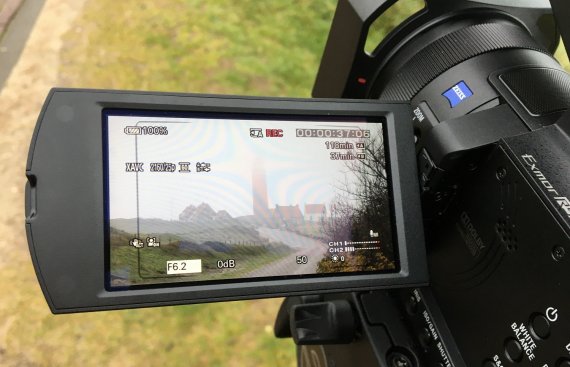The ethnographic documentary was made by Loes Witteveen and Pauline van Tuyll of the Environmental Policy chair group. The production is part of the European Pericles project, which aims to explore new ways of preserving and sustainably governing maritime heritage. Witteveen specializes in developing and applying visual methods in teaching and research. Film and photography play a key role in this. She and her colleagues decided to film the story of whaling on Texel.
The documentary centres on the recently discovered history of a cottage in the Texel village of Den Hoorn, which has now been turned into a private museum. That history is illustrated with the stories of the current owner Annetje Capitein- Bendien and the Texel fisherman’s wife and historian Ineke Vonk.
Vonk discovered the history of the house and its occupants during research for her degree. The emphasis on the two women’s stories is what makes the film an ethnographic documentary. Witteveen: ‘The two women bring their own perspective and the focus is on their stories. Ethnography is all about observing and describing the situation.’ A nice detail: Vonk found out that she too had whalers’ blood as her distant ancestors had hunted whales.
The documentary will be available via www.youtube.com/enpwageningen


 Photo: WUR leerstoelgroep Milieubeleid
Photo: WUR leerstoelgroep Milieubeleid